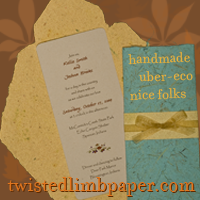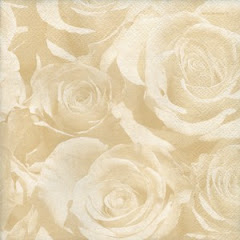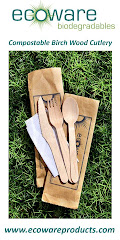"These toxics affect your health – both short and long term."
Here are Wellington’s tips on how to reduce toxic chemicals in your everyday life.
* No chlorine: Read labels of household products and cleaners, and stay away from chlorine because any product with chlorine harms your water supply and pollutes your air. Simple choices include chlorine-free paper, toilet paper, and cleansers.* No ammonia: This is a lung and eye irritant and can be an additional health risk if you have asthma or other respiratory issues.
* No VOCs: This is the short way of saying Volatile Organic Compounds, which are toxic gases that pollute your air. The most common VOC offenders are carpets, flooring, paints, some plastics, and household cleaners. Look specifically for the product to be labeled with zero or low VOCs – of course, zero is best.
* Reduce fragrances: Many household and personal products have fragrances. But oftentimes the more fragrant a product is the more chance it has stronger chemicals and/or VOC’s because the fragrance can contain VOC’s or mask the smell of other toxic chemicals. So look for “fragrance free” whenever possible..
* No PVCs. Plastic labeled #3 is made from polyvinyl chloride, also called PVC. PVC releases harmful chemicals during its lifetime that can affect your health. Look for zero-PVC labeled products, including shower curtains, children’s toys, plastic food containers, electronics, and artificial plants.
* No BPA. Currently a hot-button issue, Bisphenol A (BPA) is a toxic chemical that is used to make plastic #7, lines the cans of many of our canned foods, and is found in a multitude of other consumer products including electronics. It is best to not buy any plastics for food or beverage that are made from plastic #7.
* No mercury. Only eat safe and sustainable seafood on a limited basis to protect yourself against mercury poisoning. Additionally, take extra care with storage and disposal of compact fluorescent light bulbs.
* No toxic fertilizers. Many home-landscape, artificial fertilizers have been found to contain heavy metals, which are toxic to people and soils. These fertilizers also contain high amounts of other chemicals that are not only toxic but also run off into our waterways and kill marine life. Look, instead, for organic fertilizer options.
* No toxic herbicides or pesticides. Most herbicides and pesticides are toxic to humans, pets, and to wildlife, including necessary pollinators. And our food supply depends on healthy pollinators. Instead, practice preventive and organic gardening, as well as integrated pest management.
* No PFCs. These are perfluorinated compounds. Any product that is grease resistant probably has a coating of this compound, including stick-resistant cookware, microwave popcorn bags, dental floss, and carpets. Look for PFC-free products.
For more about Terra Wellington and her eco-tips visit: www.momsandtheplanet.com
and





 Original Articles. Constant-Content.
Original Articles. Constant-Content.


















No comments:
Post a Comment